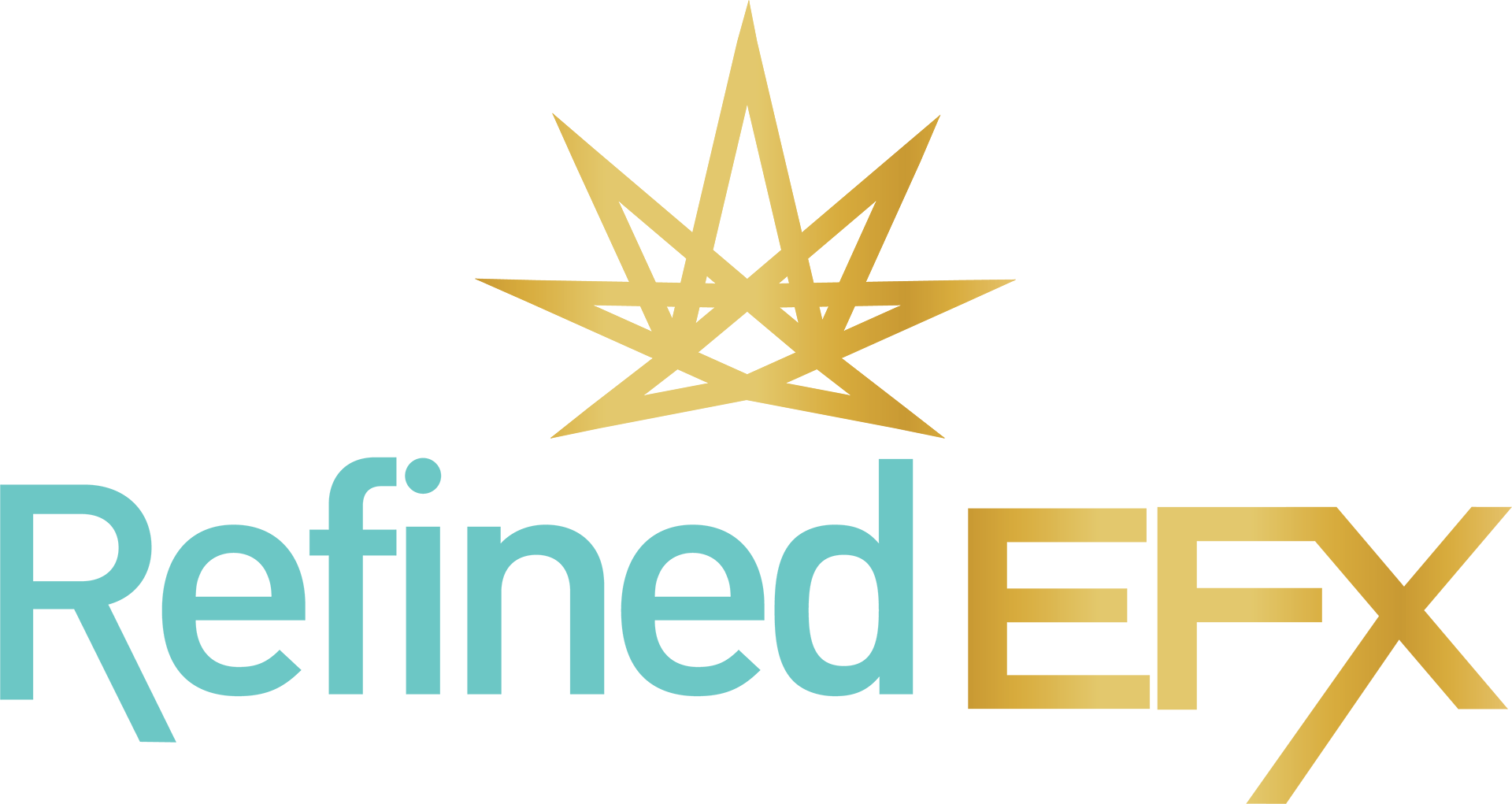Does CBD get you high? In short, no.
Cannabidiol (CBD) is non-intoxicating. Not only will CBD not get you high, but it actually counteracts the effects of tetrahydrocannabinol (THC), or, the compound notorious for getting people high.
The confusion many people have on the subject is understandable. Both CBD and THC are compounds called cannabinoids. Cannabinoids naturally occur in our bodies as well as the cannabis plant. (There are over 200 known cannabinoids, with more being discovered. Each cannabinoid has varying effects which occur due to the cannabinoid’s interaction with our body’s own natural endocannabinoid system, or ECS.)
The reason why THC makes you high and CBD doesn’t has to do with the way the compounds bind to receptors in your body’s ECS. THC activates CB1 receptors in brain areas that are associated with euphoria, relaxation, anxiety, and short-term memory impairment. But CBD is actually a CB1 antagonist, meaning it will actually block or modulate THC’s intoxicating effects, as previously mentioned.
CBD functions entirely differently from THC. Instead of activating ECS receptors, it influences the body to use its own endocannabinoids more effectively. According to one study posted to Neurotherapeutics, this is because CBD itself does very little to the ECS. Instead, it activates or inhibits other compounds in the endocannabinoid system. For example, CBD stops the body from absorbing anandamide, a compound associated with regulating pain. So, increased levels of anandamide in the bloodstream may reduce the amount of pain a person feels.
While CBD does not cause the psychoactive effects associated with THC, there are many new studies underway and overwhelming anecdotal evidence that it promotes calm, relaxation, and pain relief.
Finally, there is no evidence CBD has any abuse or dependence potential and to date there is no evidence that it is associated with any serious side effects, according to the World Health Organization.

